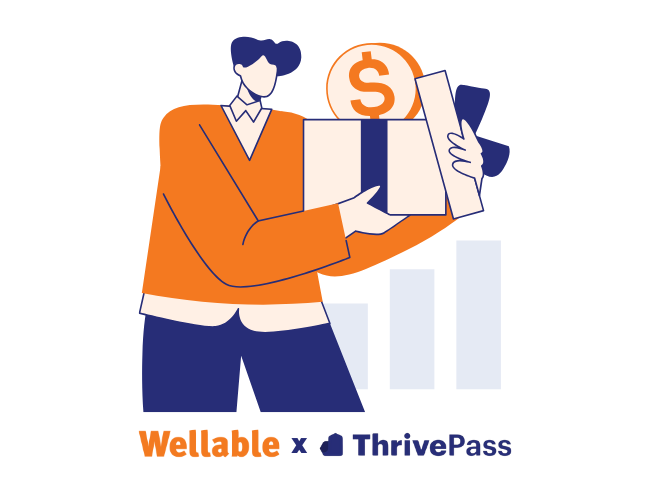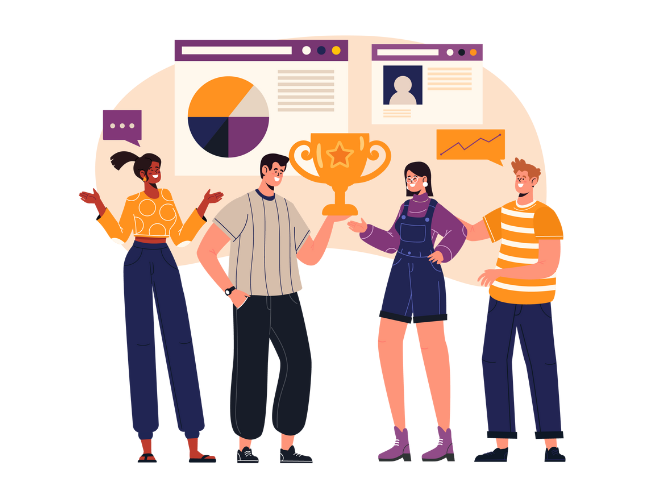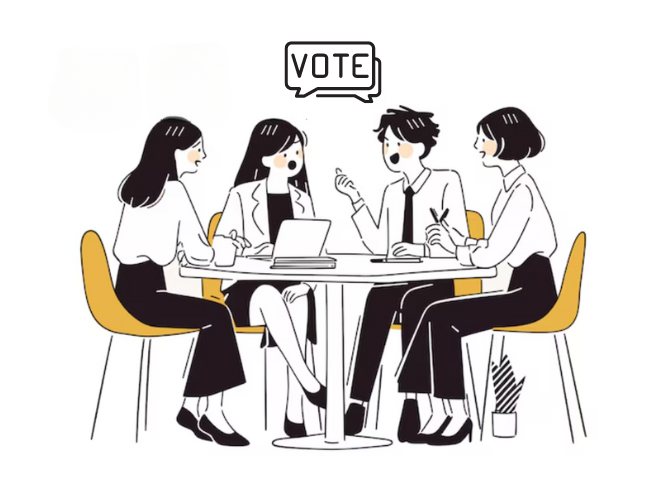Over the past several years, business leaders have focused on understanding and providing for the needs of the millennials, the generation of individuals who reached early adulthood around the year 2000. However, the succeeding generation, Generation Z, has begun to enter the workforce, projecting an altered set of needs. Generation Z, those born in 1995 or later, now comprises over a quarter of the population and will increase to one-third of the population by 2020. Because Generation Zers will soon constitute a growing portion of the workforce, it is imperative for businesses, especially those recruiting talent directly out of college, to create work environments and employee experiences that will attract the best talent from this generation.
As a result of growing up in a highly networked society, Generation Z tends to seek out individualism more so than preceding generations and thus desires a more autonomous work environment. Like millennials, members of this generation are extremely motivated. Resources that offer the opportunity for personal and professional growth appeal to members of both generations and should be recognized by business leaders. Additionally, as a result of their unlimited access to information, Gen Zers are more concerned with social issues and place higher value on corporate responsibility. Employers are encouraged to establish development programs and other projects that allow young workers to contribute to a cause.

Generation Z has become accustomed to economic turmoil from a young age, experiencing the Great Recession, Social Security depletion, and greater student loan dept than previous generations. Unlike millennials, who tend to focus on experiences over saving money, Gen Z has developed into a more financially cautious group. Student loan debt is a prevalent concern amongst this generation, and employers could relieve this burden by offering student loan repayment benefits. For example, employers could provide online services to evaluate and select loan repayment options and/or the ability to pay off loans via automatic payroll deductions, both of which would assist all employees, including Generation Zers, in managing student debt. Because Generation Z displays an interest in mindful and conservative spending, companies that provide options to indirectly improve personal finances will present greater appeal to these individuals as well. These benefits include any form of aid that allows employees to decrease their daily spending, ranging from the opportunity to work remotely to a casual dress code to free food in-office.
Generation Z is also defined by their high expectations. They were raised with a remarkable level of technology and expect such luxuries to follow them into the workplace. Employers should focus on integrating technology platforms to increase the digital affluence of their employee experience and welcome the emerging generation of workers. Technology offerings that provide a social facet will engage these individuals even further. Examples of such initiatives include online wellness challenges, and digital recognition/reward platforms.
Lastly, Generation Z values uniqueness and identity. These individuals will benefit from programs that allow them to receive support and mentorship from other employees in order to find their identity and place within an organization. Generation Z presents a growing acceptance for different gender identities and sexual orientations and will favor employers who provide resources for those who identify with a certain group.
From social media to the Great Recession, Generation Z experienced the world in such a way that differentiates their professional quality from that of their predecessors. The growing presence of this generation in the labor pool will require businesses to alter their practices and benefits in order to remain compatible with their needs. Employers who lead the way in creating employee experiences that resonate with Generation Zers will have greater access to and choice in the talent pool.












